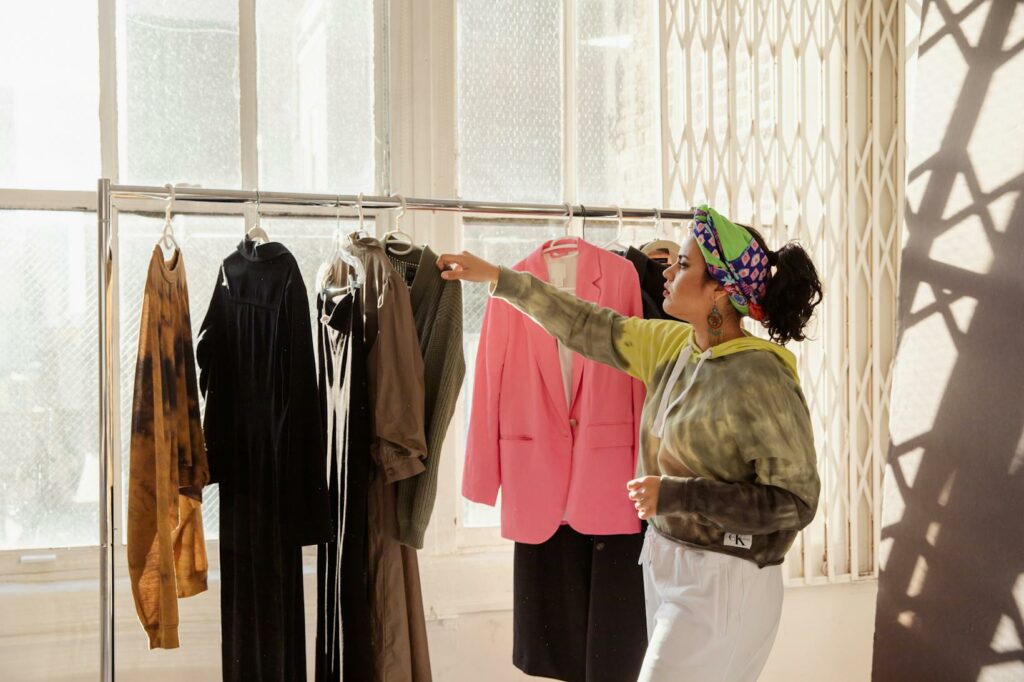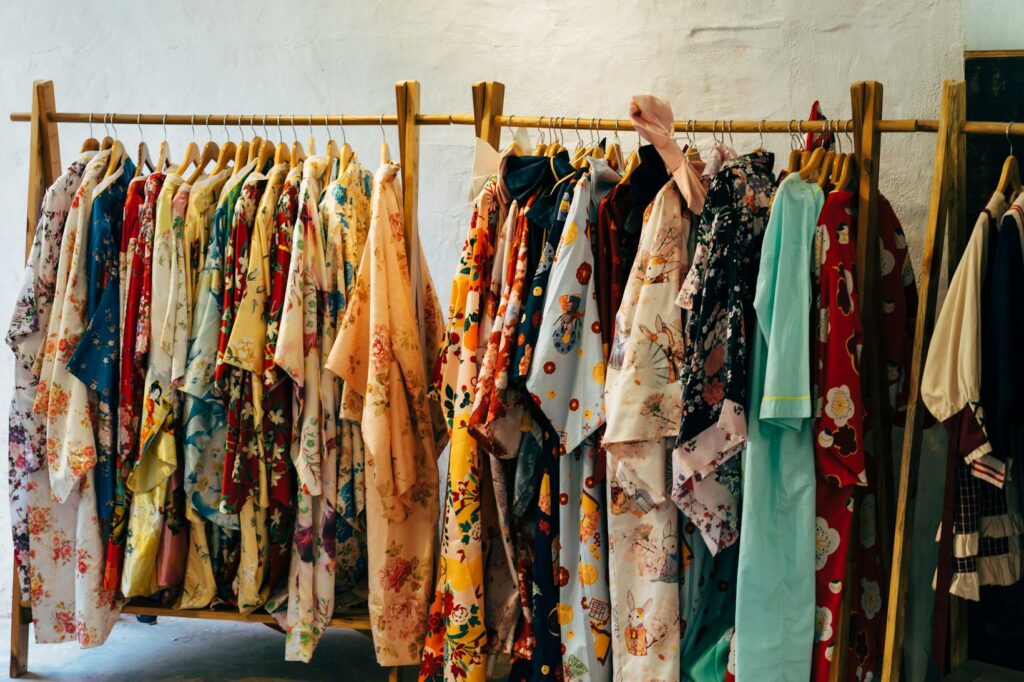In the fast-paced world of fashion, embracing sustainability has become more crucial than ever. Finding ways to reduce the environmental impact of our clothing choices while still looking stylish is a challenge many are eager to tackle. From upcycling old garments to opting for ethically-made pieces, there are numerous ways individuals can make a positive difference in the fashion industry.
In this article, readers will discover practical and actionable tips on how to incorporate sustainable practices into their wardrobe without compromising on style. By making small but meaningful changes in their shopping habits and clothing care routines, fashion enthusiasts can contribute to a more eco-conscious and ethical approach to dressing. Join us as we explore the exciting world of sustainable fashion and learn how to make a chic statement while supporting the planet.
Sustainable Fashion Tips

When it comes to sustainable fashion, making conscious choices can significantly impact the environment. Here are some practical tips to help individuals incorporate sustainability into their everyday clothing decisions:
Choosing Eco-Friendly Materials
Opting for clothing made from organic cotton, linen, bamboo, or recycled materials can reduce the environmental footprint of fashion items. These materials are typically produced using fewer chemicals, pesticides, and water, making them a more sustainable choice for both people and the planet.
Supporting Ethical Brands
Purchasing from brands that prioritize fair labor practices, transparency, and environmentally friendly production methods is crucial in promoting sustainability in the fashion industry. By supporting ethical brands, consumers can help drive positive change and encourage industry-wide adoption of responsible manufacturing processes.
Recycling and Upcycling Clothing
Instead of discarding old or unwanted clothing items, consider recycling or upcycling them into new pieces. Recycling involves processing used textiles to create new fabrics or products, while upcycling transforms old garments into fresh, fashionable designs. These practices help reduce waste and extend the lifespan of clothing, contributing to a more sustainable fashion ecosystem.
Minimizing Your Fashion Footprint

Sustainable fashion enthusiasts can make a significant impact by adopting a minimalist wardrobe. Embracing a minimalist approach involves curating a collection of versatile, high-quality pieces that can be mixed and matched to create various outfits. By focusing on timeless staples rather than trendy items, individuals can reduce the need for frequent clothing purchases, thereby decreasing waste and promoting a more sustainable fashion lifestyle.
Adopting a Minimalist Wardrobe
- Start by decluttering your current wardrobe. Consider donating or recycling clothing items that no longer serve a purpose or bring you joy.
- Invest in classic, versatile pieces such as a well-fitted blazer, a pair of tailored trousers, or a little black dress that can be worn in multiple ways.
- Prioritize quality over quantity when making new purchases. Opt for durable, ethically made garments that will stand the test of time.
- Embrace a capsule wardrobe concept by creating a collection of essential items that can be mixed and matched effortlessly.
- Extend the lifespan of your clothing by following care instructions carefully. Wash garments in cold water, air dry when possible, and avoid overwashing to reduce energy consumption and preserve fabric integrity.
- Repair clothing items when minor damages occur instead of discarding them. Simple fixes like sewing on a loose button or patching a small hole can help prolong the life of your garments.
- Consider investing in eco-friendly laundry detergents that are gentler on both your clothing and the environment.
- Store your clothes properly to prevent damage. Use wooden or padded hangers for delicate items, fold bulky sweaters to maintain their shape, and store garments in a cool, dry place away from direct sunlight.

These practical tips empower individuals to minimize their fashion footprint and contribute to a more sustainable and responsible approach to style. By embracing a minimalist wardrobe and adopting proper care practices, fashion enthusiasts can play a vital role in promoting a greener and more ethical fashion industry.
Sustainable fashion is not just a trend; it’s a movement towards a more ethical and eco-conscious future. By embracing eco-friendly materials, supporting ethical brands, and practicing mindful consumption, individuals can make a significant impact on the fashion industry’s sustainability.



